Displaying results 391 - 400 of 1030
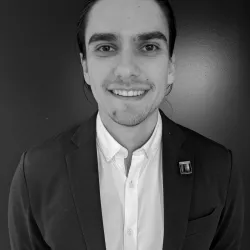
Riley Kucheran
- Scholar 2019
- Alumni
Decolonizing Fashion and Mobilizing Indigenous Resurgence
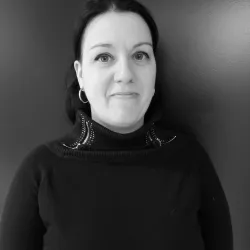
Caroline Leblanc
- Scholar 2019
- Alumni
Improving Access and Adequacy of Resources for People Living on the Street in Winter: Participatory Research in Canada and France.
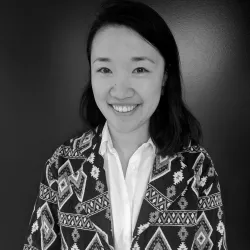
Cindy Ma
- Scholar 2019
- Alumni
Righteous Laughter: Irony, Identity, and the Online Politics of Transgression
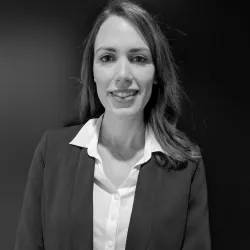
Linda Mussell
- Scholar 2019
Handing Over The Keys: Intergenerational Legacies of Incarceration Policy in Canada, Australia, and Aotearoa/New Zealand.
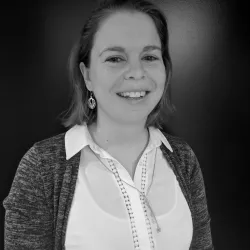
Éloïse Ouellet-Décoste
- Scholar 2019
Canada in Transition: Reconciliation, Reparation and Decolonization - Analysis of the Concept of Reconciliation in Light of International Obligations…
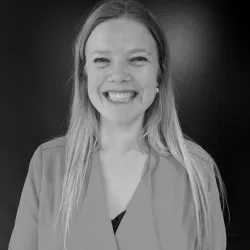
Martha Paynter
- Scholar 2019
- Alumni
Reproductive (In)Justice and Federal Incarceration: Maternal Health in Canadian Prisons
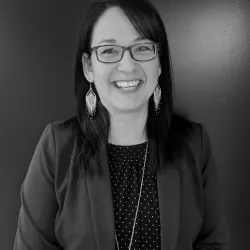
Holly Prince
- Scholar 2019
- Alumni
Wiiji'iwe: An Indigenous Researcher's Exploration of a First Nations Community's Experience of Participatory Action Research
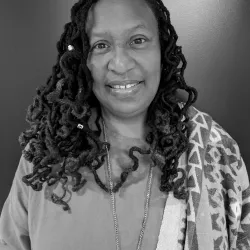
Diane Roberts
- Scholar 2019
- Alumni
Navigating Stories of Exile, Loss & Belonging Through Performing Ancestral Memory
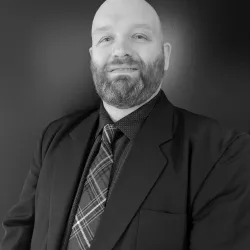
Darren (Daz) Saunders
- Scholar 2019
Body Gesture in Quebec Sign Language grammar.
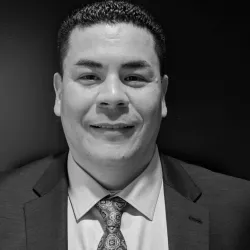
Steven Vanloffeld
- Scholar 2019
Free, Prior and Informed Consent and Development in Indigenous Territories: A case study on the Chippewas of Saugeen's community consent process…

